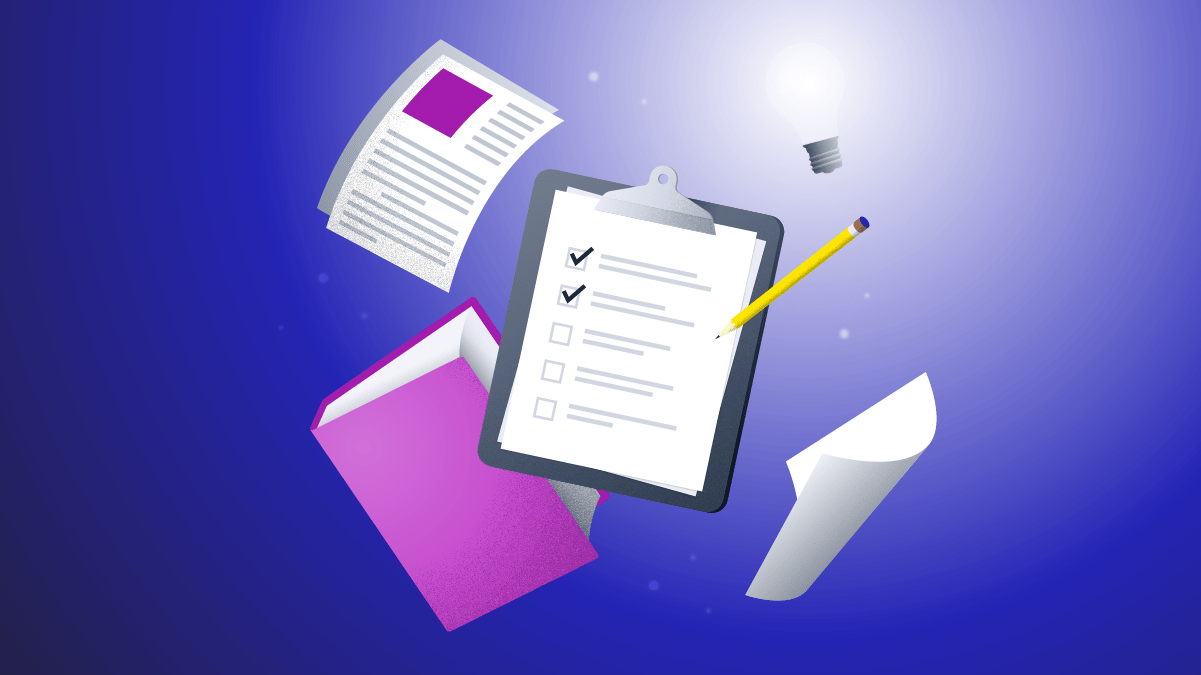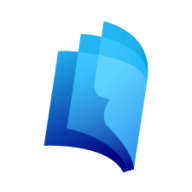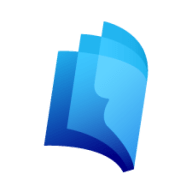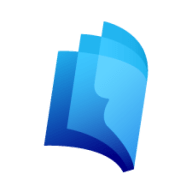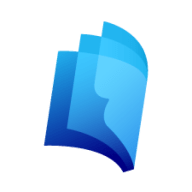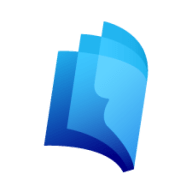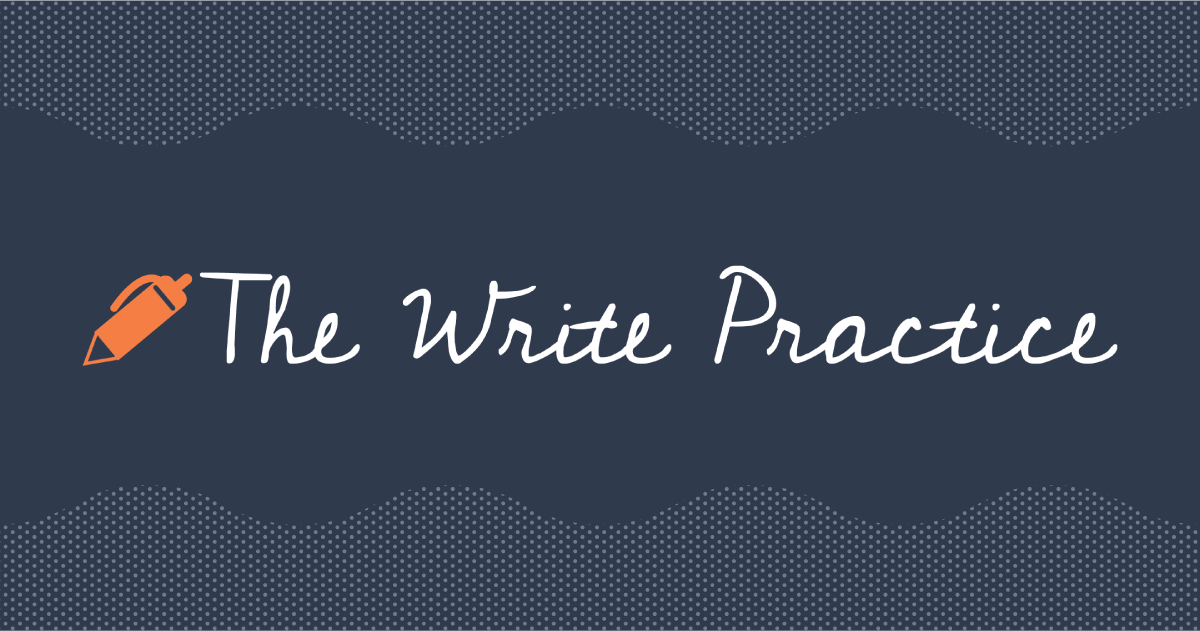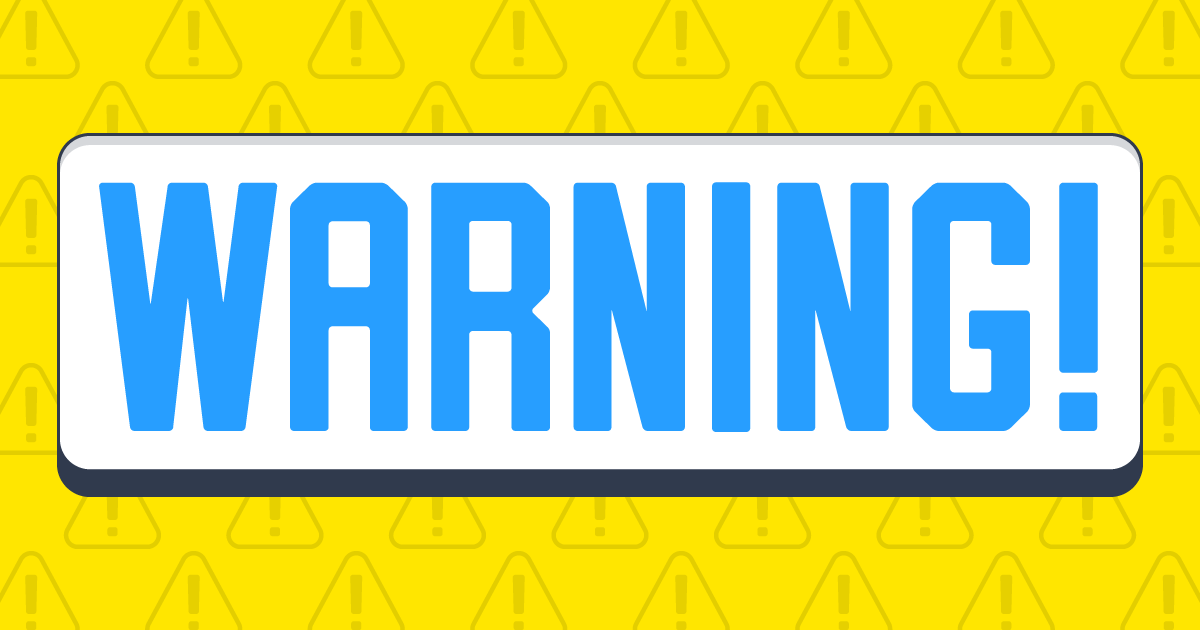Planning Your Novel (or Not)
Are you a planner or a pantser?
If that question makes absolutely no sense to you, don’t worry —you’re not alone. I mean, one of those words isn’t even a real word, right?
In defense of the term “pantser,” I first heard it in a graduate-level creative writing class, uttered with complete seriousness by a New York Times bestselling author and prolific editor. And in the time since then, it’s become my go-to question to ask authors at book signings, lectures, or other events. The answers are almost always incredibly insightful into an author’s writing practice and, more importantly, usually include some really valuable writing tips and tricks.
But what, exactly, is the question I’m asking? What does it mean? What the heck is a “pantser?”
The question “Are you a planner or a pantser” is really a shortened version of the question “how do you approach writing a book—do you plan your book in advance, or do you fly by the seat of your pants and write as you go?” And if you’re still not sure what that means, that’s okay—that’s what we’re here for. Let’s take a look at planning your book in advance versus writing as you go.
Planners: Planning Ahead
Planners are pretty self-explanatory—writers who plan out their books in advance. The depth and extent of that planning can vary pretty dramatically. For some writers, planning means just writing out a quick skeleton outline of what will happen in each chapter. For other writers, it includes a fully detailed breakdown of not only everything that will happen in the book but also details that won’t ever make it into the book. Maybe things like character backstories, if you’re writing a novel, or extraneous data or research if you’re writing nonfiction.
Full Disclosure: I am a reformed pantser who now relies very, very heavily on planning. I outline everything I write, including this very blog post.
Tips for Planners
Planning ahead can be great, and extremely helpful, but there’s a reason it’s not for everyone! If you’re looking for new tips for your book planning, or considering trying your hand at planning for the first time, here are a few things to keep in mind:
Make Your Outline Manageable: Start Small, Add Detail As You Go
I didn’t start outlining my writing until I was in grad school, which meant I went through all of high school and all of my undergraduate English degree writing every single paper and creative writing assignment by the seat of my pants. My number one reason for not wanting to try planning? I thought it was too much work—by the time you did all that outlining you might as well have written the thing.
So, how do we avoid that? Simple—don’t approach your outline as a massive info dump of every single detail that needs to happen or every single idea you need to convey. Start small with simple ideas, just notes to yourself about what you want to happen or want to remember. For example:
Chapter 1 – James’ POV
James after the dance, reflecting on a bad night
Character intros – James and Betty
some backstory on James and Betty?
August pulls up next to him, offers him a ride
Chapter 2 – James’ POV
James debates the wisdom of getting in, even though he knows he’s going to
Character intro – August
James gets in
Chapter 3 – Betty’s POV
Betty after the dance, gives the reader some perspective on the night from her POV
Additional backstory that didn’t fit into Ch.1?
And so on! It doesn’t have to be pretty, and it doesn’t have to make sense to anyone other than you. As you flesh out your details and get deeper into the plot, you might go back and add more notes or expand on some of your ideas until your outline is a little more robust, but you don’t have to do that from the very beginning.
Trust the Process: Don’t Be Afraid To Deviate From the Plan
Have you ever gotten to a scene or a step in your book way sooner than you were expecting to? Or maybe a scene that you weren’t planning for suddenly appears. I have definitely had both of those things happen to me, and I know most of my planner friends can say the same. Sometimes even the best-laid plans can go awry—maybe for the best, maybe not.
Now of course, for our pantser friends, a premature or unexpected scene is the plan, that’s the natural progression they’re relying on to get their book written! But I know that for many of us, the whole point of planning in advance is having that structure to rely on, and it can be frustrating when you deviate from your own plan. But that’s writing, isn’t it?
We’ve all heard the phrase “kill your darlings” a million times, I’m sure, but sometimes trite advice is trite because it’s true—sometimes we have to kill our darlings. But hear me out. Whether your darling is your carefully crafted book outline or a scene that wrote itself but doesn’t quite fit into that outline…maybe, don’t kill it outright. Maybe just amputate it.
I do all my writing in Google Docs, and whenever I’m working on something I open up three tabs in the Chrome window—my outline, my main draft, and a doc I label “[Project Title] Darlings and Defunct Scenes.” Any time I need to cut something from my main draft, I paste it right into that D&D doc. Maybe I’ll use it later, maybe I won’t. But at least I have it.
Keep Your Eyes on the Prize: Don’t Fall Into the Productive Procrastination Pit
The biggest pro of planning and outlining is that you have a safety net for any bad cases of writer’s block. Sure, it still happens, but with an outline, you’ll at least have something to look at and say “Okay, this is what I’m supposed to be writing right now.” Or, as the case may be, “I’m not in the mood to write this right now, but I have a scene coming up in a few chapters that I already have planned and I can work on that instead.”
But the biggest con with planning is that it becomes its own form of procrastination. It’s the worst kind of procrastination, too, because it feels productive. You’re not wasting time “researching” on Twitter or falling down the BookTok rabbit hole, you’re still working on your book! You’re just…working out the details of a scene that’s fifteen, twenty chapters away. Or writing a backstory about two minor characters that, if you’re being honest with yourself, may get cut entirely before the final draft. Or writing a blog post for work about planning your novel instead of actually working on your novel.
All of that is great in moderation (I imagine my boss, in particular, would appreciate I focus on that last point), but don’t let the “planning” part of writing consume too much of your time and energy.
Tools for Planners
We’re constantly sharing product reviews, guides, webinars, and other educational resources to help writers hone their craft. I’m not going to rehash the fine details of all of them. If you’re looking for tools to help you with your book planning, check out a few of these posts:
For a really neat piece of software that is literally designed to help authors plan their books, check out this product review of Plottr.
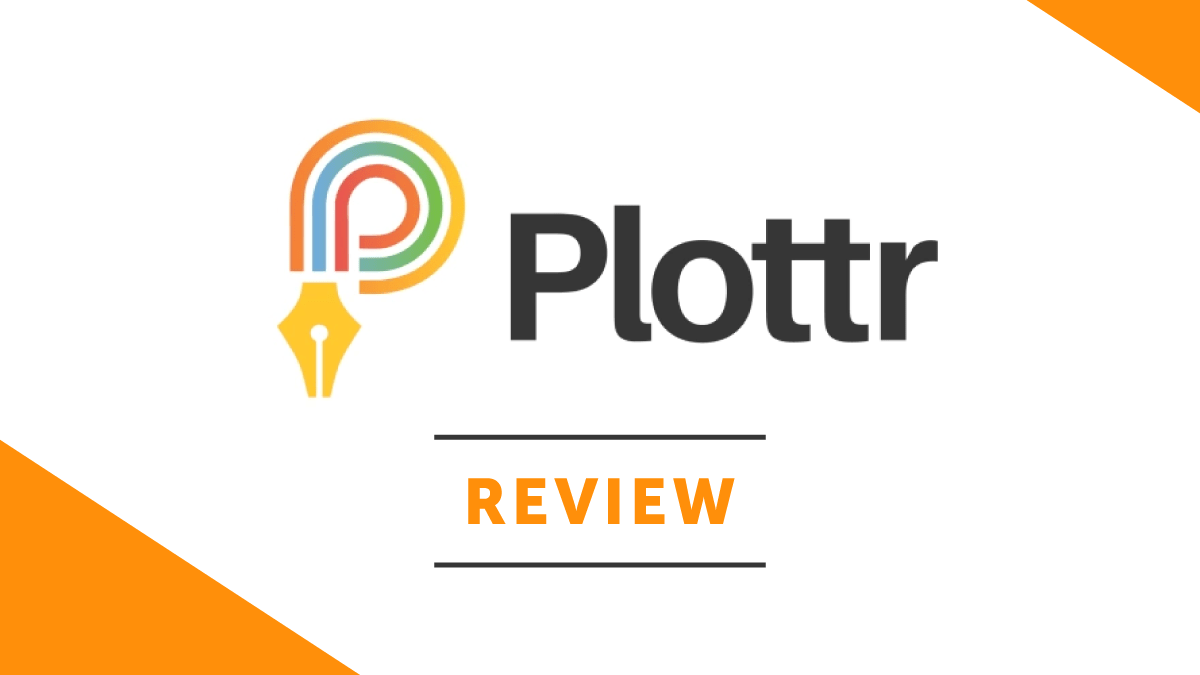
If you’re like me and you like handwritten notes, consider a writing planner or journal! We have a whole blog post about how to create your own writing journal.

Pantsers: Writing As You Go
“Pantser” might be a ridiculous term, but at least it’s more succinct than saying “people that don’t plan out their book before writing it,” which is, after all, who pantsers are. Traditionally better associated with novelists than nonfiction writers, pantsers are usually the type of writers that say things like “I’m not sure what’s going to happen, I’m waiting for the characters or story to tell me where they want to go.”
Full Disclosure: Don’t mistake that for derision—I’m extremely jealous of pantsers and extremely impressed by both the skill and self-control it takes to fly by the seat of your pants.
Tips for Pantsers
Writing by the seat of your pants—no plan, no map, just a destination, and the open road—can be amazing and exhilarating, but also at times overwhelming. Power to you if you can manage it (and if you have any tips, let us know in the comments!) but in case you’re feeling a little overwhelmed, here are a few things to keep in mind:
Take Notes As You Write!
The magic of writing off the cuff is also one of its biggest downfalls—it’s easy to spiral off into a plot tangent, get sidetracked, and ultimately fail to circle back on a plot point from earlier on in the narrative. Or maybe you wind up accidentally contradicting yourself in a later scene, confusing details that you had already established earlier in your draft.
We all know how frustrating plot holes can be in books, movies, and tv shows—don’t let your book fall victim to those frustrations! Keep a running list of important details, whether they’re plot points you want to circle back on, recurring themes you want to bring up sporadically, character details, or examples that you think you’ll want to reference again. It can be as simple as a bullet point list in a Google Doc or Notes app, post-it notes (real ones or desktop app ones), or maybe even a special journal designed just for your book notes and ideas…

Create Your Book
Use Lulu's free templates to easily create and publish your book today.
Have a Backup… Strategy in the Event of Writer’s Block
Don’t give me that look, I didn’t say have a plan. Fine, maybe it is about having a plan, but not for your book, I swear.
We’ve all been there, one of those days when you’re just staring at a blinking cursor on a blank Word doc for an eternity. You don’t want the day to go to waste, you want to write something but you’re just not feeling the drive or inspiration to write whatever comes next.
Come up with a rainy day plan, for those really bad writer’s block moments. Keep handy some kind of resource that provides writing prompts, like the Daily Prompt app, and free-write for a little while. Or make a list of your own questions that are specifically relevant to your book that you can pull up as a prompt. Your list could include things like a minor character’s backstory or an interesting anecdote about your research, something that probably won’t make it into your final draft but will still put you in the mindset of writing.
Of course, your backup plan doesn’t just have to be about writing prompts—maybe your backup is a change of scenery, whether it’s taking your laptop to a local coffee shop or just moving from your desk to your couch. Maybe your backup is turning on a playlist that sets the mood for what you’re supposed to be working on. Get creative with what makes your creative mind tick! Just make sure you have a few tricks up your sleeve to pull out whenever you need help getting that creative mind ticking.
- Write a short story—short, flash fiction, under 1,000 words—only using one-syllable words.
Sound difficult? It is. But it’s also great practice for both writing off the cuff and going back and thoroughly revising your first draft. Try it! - Pick a prompt and write something that is the exact opposite style or genre of the piece you’re currently stuck on.
Shifting to a completely different style and genre gives you the opportunity to shake off the stagnant pressure giving you writer’s block and approach your writing from a totally different angle.
Turn Your Editing Game All the Way Up
One of the main things that ultimately convinced me to switch from pantsing to planning was editing. I love editing—other people’s writing more than my own, but I still enjoy editing my own work too. When I say I was spending way too much time editing my own work after writing by the seat of my pants, I mean I was spending more time than even a self-proclaimed fan of editing wants to spend.
Part of that was because I wasn’t following my own advice from earlier—I wasn’t keeping notes on my writing as I was going, so I’d often go back and reread something and realize I left plot points hanging scenes that outright contradicted each other and timelines that didn’t really make sense. I’d spend nearly as much time editing as I would writing the original draft.

Your Free Lulu Account
Create a Lulu Account today to print and publish your book for readers all around the world
Sure, the time I save on cleaning up my work after the fact is now spent planning it out beforehand, but at least I don’t feel like I’m doing the same work twice.
That’s not a pitch for giving planning a try—if you’re a pantser and it works well for you, I’m not trying to convince you to shift gears. But I am trying to convince you that you need to make sure your editing game is on point and that you budget your time to allow for a serious amount of revising once you finish your first draft.
The good news is, you don’t have to do it alone. In fact, we’d very much encourage you to not do all your editing alone. We’ve reviewed a ton of different editing resources, from software to online communities to hiring freelancers and yes, even some self-editing practices—check out the Tools for Pantsers section below to check some of those out!
Tools for Pantsers
A reliable word processor with pro navigational abilities will help you move through your draft with ease—check out this product review of Scrivener (bonus points: Scrivener has built-in tools to help you with your note-taking right there in your draft):
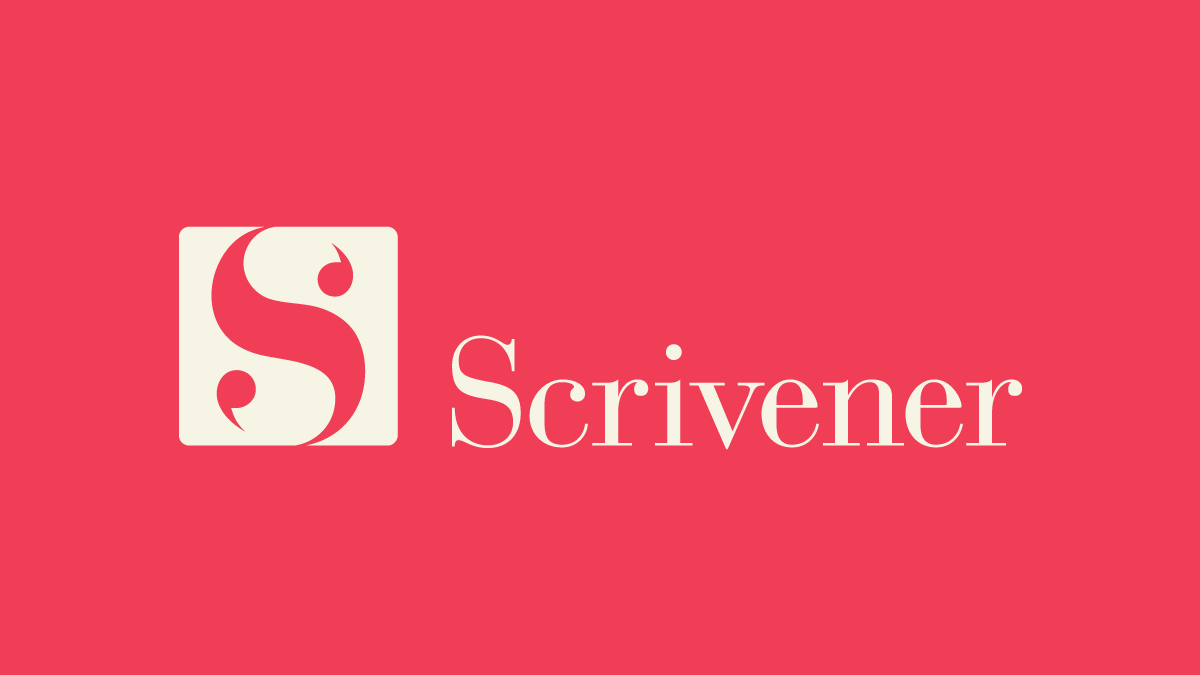
You are a strong, independent author and you don’t need structure in your writing! But maybe you need structure in your writing practice? Consider these tips from this blog post to help you with a backup strategy for writer’s block (and other concerns):

Ready to get help with your editing between draft 1.0 and draft 2.0? This post here is a pretty handy roundup of everything we’ve reviewed so far:
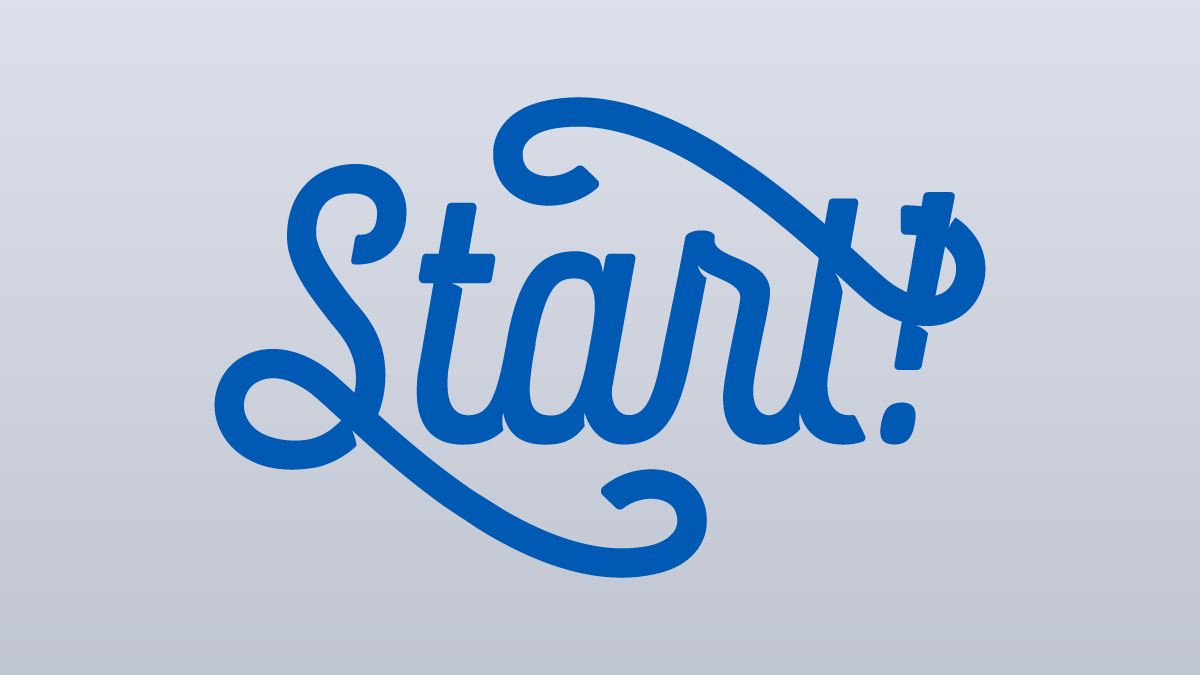
Or, if you’re looking for one specific type of editing tool, check out some of these posts
- For Editing Software: ProWritingAid: Automation For Authors – Spelling Software Review
- For Beta Reader Communities: Scribophile: Beta Readers And Online Community For Writers [Review]
- For Self-Editing Tips: 7 Things To Do Before You Hire An Editor
Plantsing: A Completely Made-Up Word
As if “pansters” and “pantsing” aren’t ridiculous enough, I’ve decided today, right now, to propose a brand new, even more, ridiculous portmanteau: planting.
What on earth is plantsing? I’m so glad you asked. Plantsing, I propose, is a hybrid planner-pantser. Someone who doesn’t quite plan out their books the way a committed planner would, but isn’t going in stone-cold either!
A plantser might write a table of contents with chapter titles but no details about what actually happens in those chapters. Or maybe they’ve written extensive, detailed backstories for each of their characters, so even though they don’t know what exactly is going to happen they know their characters like the back of their hand. I’ll even count the extraneous efforts as plantsing—have you created vibe boards for your book on Pinterest, or painstakingly constructed mood playlists to help you get the book’s tone just right? Congratulations, you’re a plantser. Anything that helps you get into the mindset of writing your book counts—and these days, with the distractions we have all around us, every little thing can help.
It’s important to remember that neither approach is really better than the other. As long as your writing method works for you it doesn’t matter if you’re a planner or a pantser or a hybrid combination of the two.
So…are you a planner or a pantser? Or hey, maybe a plantser? Whatever works best for you, make it happen! At the end of the day, you’re still writing something amazing, and that’s what matters. Happy writing!

